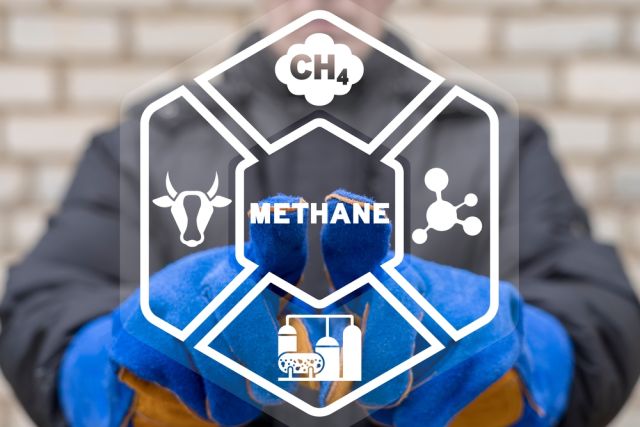
Project Canary and the Colorado School of Mines will collaborate to evaluate performance models for methane emissions detection. (Source: Shutterstock)
Project Canary, a data management climate technology company, and the Colorado School of Mines will collaborate to evaluate performance models for methane emissions detection, the companies announced Aug. 7.
The collaboration will compare the performance of the two organizations’ emissions detection models using single-blind controlled release data to help expand knowledge of emissions quantification and its existing challenges. In addition to source emission rate quantification, the study will also look into the performance of models for total site-level emissions estimation, as well as simulation of short-duration releases to mimic a wide range of operational emission events.
Project Canary developed its emissions detection algorithms by working with over 500 operators to quantify emissions at oil and gas production and midstream facilities. The Colorado School of Mines’ detection model uses concentration and wind data from point-in-space continuous monitoring systems to detect, localize and quantify methane emissions.
After the project is completed, the partners intend to publish a peer-reviewed journal paper including the general framework of the two models, the results of the comparative study and lessons learned on the capabilities and challenges of the two models.
Recommended Reading
Gran Tierra Enters Montney Shale JV with Logan Energy
2024-11-29 - In addition to its joint venture with Logan Energy Corp., Gran Tierra Energy Inc. also announced a seventh successful discovery well in Ecuador.
US Energy Corp. Closes Divestiture of East Texas Assets
2025-01-07 - U.S. Energy Corp. said proceeds from the divestiture will be used to fund the company’s industrial gas project in Montana.
Surge Closes on Divestment of Alberta Non-Core Gas Assets
2024-12-20 - Surge Energy said it has focused on developing its core Sparky and southeast Saskatchewan crude oil assets, leaving the Alberta non-core assets undercapitalized.
Crescent Upsizes Stock Offering, Offers Debt for Ridgemar Acquisition
2024-12-04 - Crescent Energy is offering 21.5 million shares of its stock and borrowing additional funds to pay for the cash portion of a $905 million acquisition of Ridgemar Energy.
Freehold Closes $182MM Acquisition of Midland Basin Interests
2024-12-16 - Freehold Royalties’ acquisition from a private seller includes around 1,300 boe/d of net production and 244,000 gross drilling acres largely operated by Exxon Mobil and Diamondback Energy.
Comments
Add new comment
This conversation is moderated according to Hart Energy community rules. Please read the rules before joining the discussion. If you’re experiencing any technical problems, please contact our customer care team.





